Roses, with their stunning blooms and lush foliage, thrive when provided with the right nutrients. Proper nutrient management and feeding strategies are essential for ensuring healthy growth, vibrant flowers, and overall vitality in your rose garden. Explore these tips to optimize the nutritional well-being of your roses.


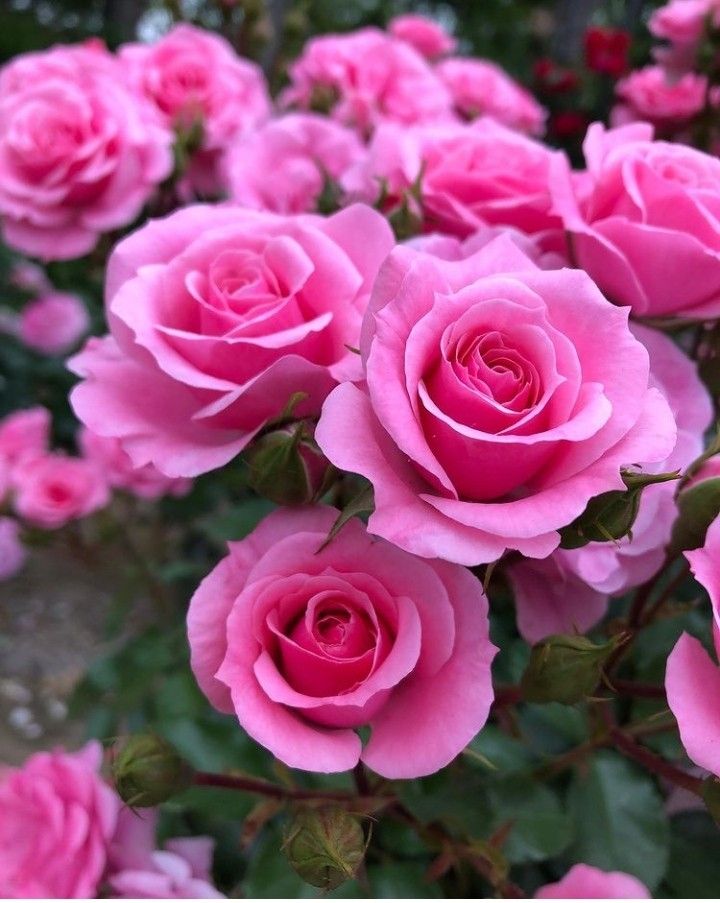
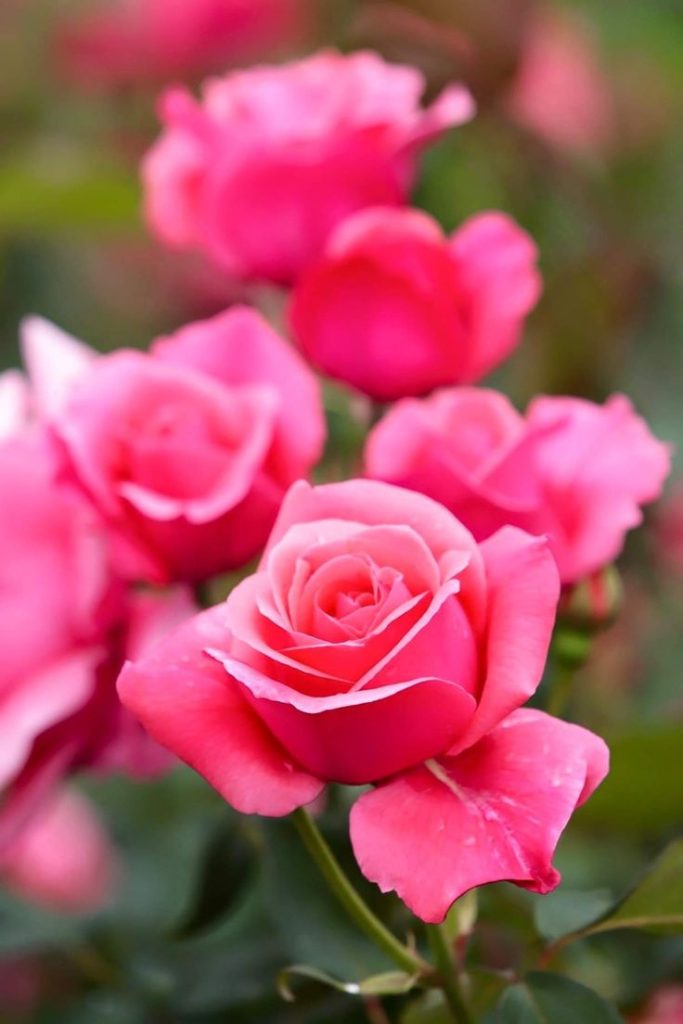
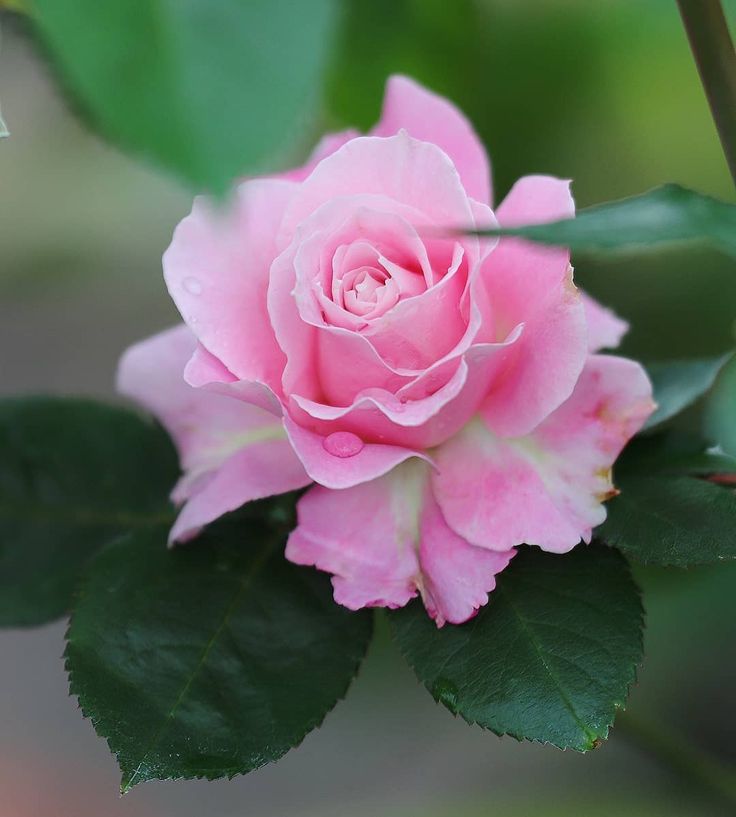
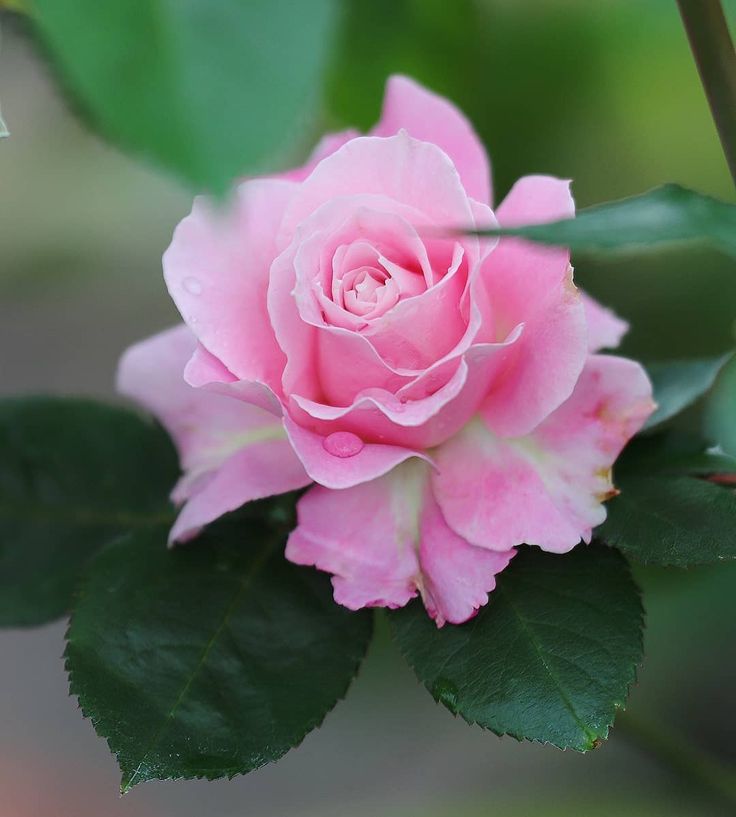
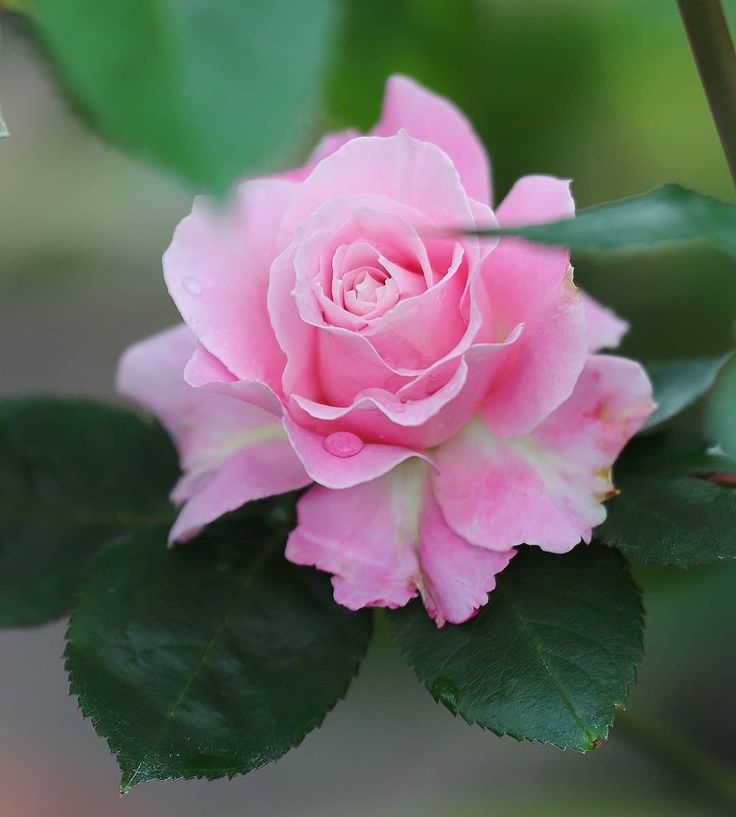
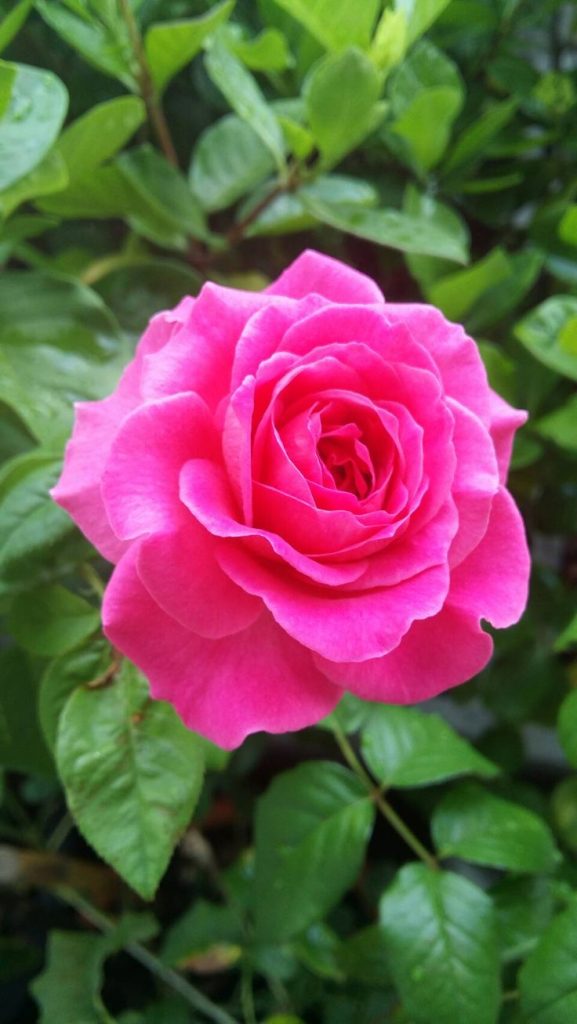
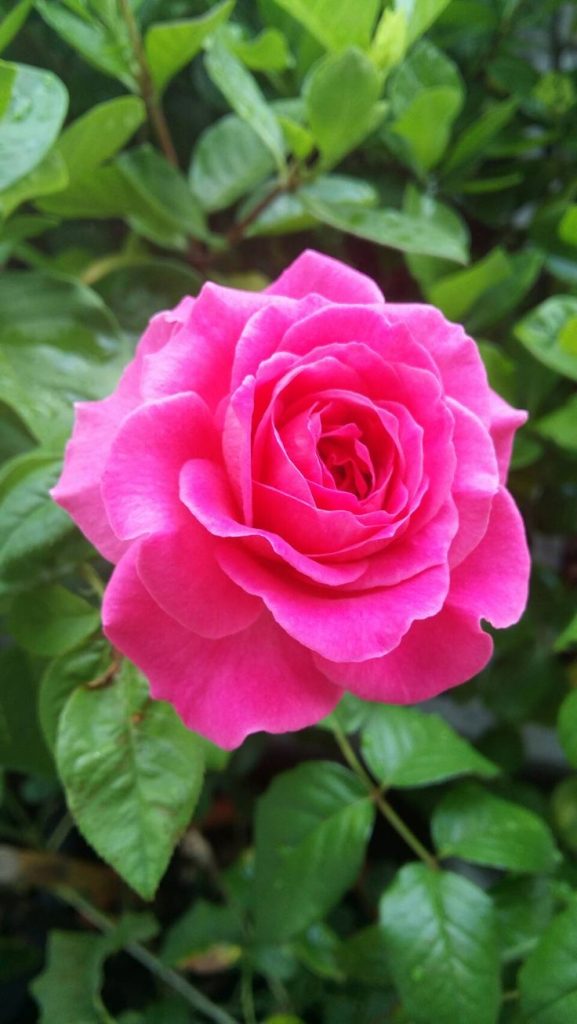
1. Soil Testing for Balanced Nutrition
Tip:
Before planting or annually, conduct a soil test to assess the nutrient levels in your rose garden. Soil testing helps determine pH, nutrient deficiencies, and necessary amendments. Adjust the soil pH to the optimal range of 6.0 to 6.5 for roses.
2. Use a Balanced Fertilizer
Tip:
Select a well-balanced fertilizer formulated for roses, such as a 10-10-10 or 14-14-14 blend. These fertilizers provide a mix of essential nutrients, including nitrogen (N), phosphorus (P), and potassium (K), necessary for robust growth, blooming, and root development.
3. Apply Fertilizer at the Right Time
Tip:
Begin fertilizing your roses in early spring as they start to break dormancy. Follow up with additional applications during the growing season. Cease fertilization approximately six weeks before the first expected frost to prevent encouraging new growth that may be susceptible to winter damage.
4. Consider Slow-Release Fertilizers
Tip:
Opt for slow-release fertilizers for roses. These provide a steady supply of nutrients over an extended period, reducing the risk of over-fertilization and minimizing nutrient leaching. Follow package instructions for proper application rates.
5. Incorporate Organic Matter
Tip:
Enhance soil fertility by incorporating organic matter into the soil. Compost, well-rotted manure, or organic amendments contribute valuable nutrients and improve soil structure. Work organic matter into the soil during planting or as a topdressing.
6. Topdressing with Compost
Tip:
Topdress your rose garden with a layer of compost in spring or fall. Compost adds organic matter, enriches the soil with micronutrients, and supports a healthy microbial community. It also aids in moisture retention.
7. Mulching for Nutrient Retention
Tip:
Apply a layer of organic mulch around the base of your roses. Mulch helps retain soil moisture, regulates temperature, and gradually decomposes to contribute organic matter to the soil, providing additional nutrients.
8. Monitor Micronutrient Levels
Tip:
Keep an eye on micronutrient levels, including iron and magnesium. Yellowing between leaf veins (chlorosis) may indicate deficiencies. Use chelated iron or Epsom salts as targeted supplements to address specific micronutrient needs.
9. Avoid Excessive Nitrogen
Tip:
While nitrogen is essential for foliage growth, excessive amounts can lead to weak stems and increased susceptibility to diseases. Use fertilizers with balanced ratios and moderate nitrogen levels to promote overall plant health.
10. Customize Feeding Based on Growth Stage
Tip:
Adjust your feeding strategy based on the growth stage of your roses. During the initial growth phase, emphasize balanced fertilizers. Transition to formulations higher in phosphorus during the blooming phase to encourage flower development.
Conclusion
Effective nutrient management and feeding strategies are fundamental for cultivating thriving and visually stunning roses. By understanding your soil’s composition, using quality fertilizers, incorporating organic matter, and monitoring nutrient levels, you can create an optimal environment for your roses to flourish. Implement these strategies consistently to enjoy a garden filled with healthy, vibrant blooms.
FAQs
- How often should I fertilize my roses during the growing season?
- Fertilize your roses every 4-6 weeks during the growing season. Begin in early spring as they break dormancy and continue until approximately six weeks before the first expected frost.
- Can I use organic fertilizers for roses?
- Yes, organic fertilizers, such as well-rotted manure, compost, or specially formulated organic blends, are beneficial for roses. They provide nutrients while improving soil structure and microbial activity.
- What signs indicate nutrient deficiencies in roses?
- Yellowing of leaves, stunted growth, and poor flowering can indicate nutrient deficiencies. Conduct a soil test to identify specific deficiencies and address them with targeted fertilizers or amendments.
- Is it necessary to supplement with micronutrients for roses?
- Supplementing with micronutrients may be necessary if soil tests indicate deficiencies. Yellowing between leaf veins (chlorosis) is a common sign of micronutrient deficiencies.
- Can I use foliar feeding for roses?
- Foliar feeding with a water-soluble fertilizer can provide a quick nutrient boost, especially during periods of high nutrient demand. However, soil application remains the primary method for long-term nutrient supply.